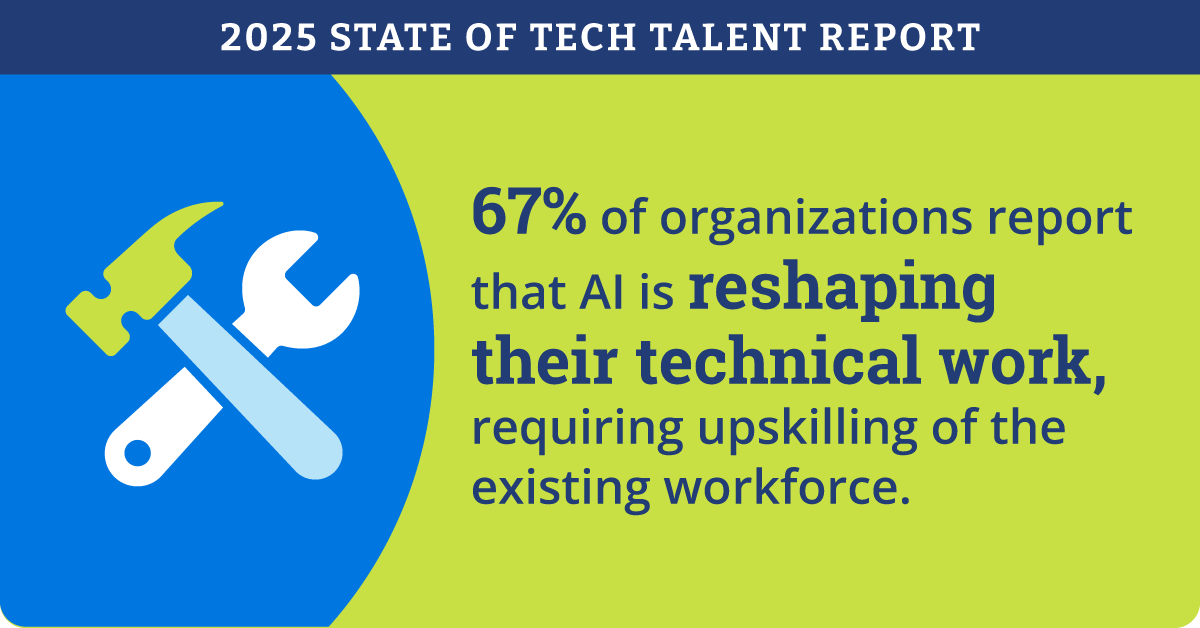How does your tech talent
strategy stack up against
the competition?
Get insights on cross skilling, upskilling, retention and more!
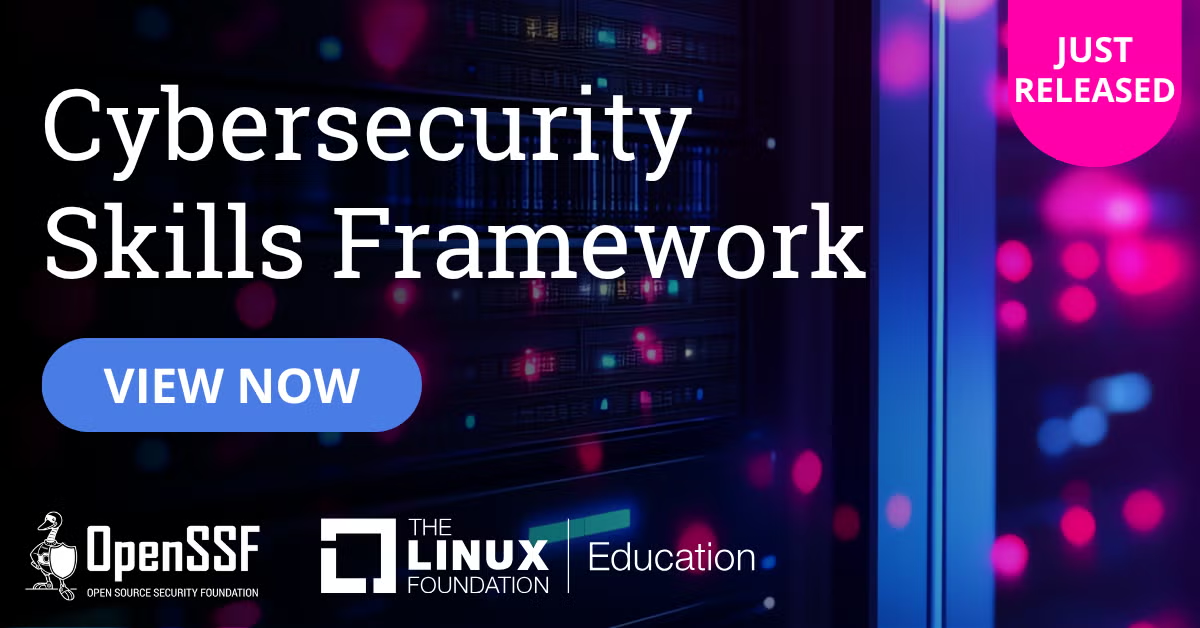
Align IT job roles with practical cybersecurity skills
A smarter starting point for cybersecurity readiness.
Live instructor learning is the gold standard
From Linux and Kubernetes to Cybersecurity, PyTorch, Rust, and more, we offer the expert-led courses you need.


Want to align your
cybersecurity training with the world’s leading tech brands?
Find out how you can easily align your cybersecurity skills development program to global best practices in our latest webinar.
THRIVE with unlimited access to e-Learning courses
PLUS gain access to All SkillCreds with Annual Subscription!


Be sure you're following the right certification path
Map your IT career certifications with the help of our certification journey.
Grow your career with certifications
Respected, verifiable certifications from a vendor-neutral entity like The Linux Foundation demonstrate the depth of your skills to potential employers, most of whom report they are more likely to hire someone holding such a certification.


Gain marketable open
source skills
93% of hiring managers are unable to find enough individuals with open source skills. Take advantage by gaining these in demand skills and set yourself up for a successful long term career.
Cloud & Containers
Cloud and container skills are the most sought after by open source hiring managers.

Linux Kernel Development
Linux runs 99% of supercomputers, 82% of smartphones and 90% of public cloud workloads.
System Administration
System administration is the ideal starting point for a career in IT.

Discover the path to a brighter future
Whether you’re just starting out and aren’t sure where to begin, or if you’re an experienced pro looking to add a new skill, we offer a path to help.
“Every topic was surprisingly thorough and well explained with a depth I didn't expect from an introduction.”
LFD201 student
Maximize Your Open Source Investment
Whether you’re just starting out and aren’t sure where to begin, or if you’re an experienced pro looking to add a new skill, we offer a path to help.
© 2025 Linux Foundation – Education. The Linux Foundation®. All rights reserved. The Linux Foundation has registered trademarks and uses trademarks. For a list of trademarks of The Linux Foundation, please see our Trademark Usage page. Linux is a registered trademark of Linus Torvalds.
Terms of Use | Privacy Policy | Bylaws | Trademark Usage | Antitrust Policy | Good Standing Policy
Linux Foundation
Linux Fundation Indepth: Review
What is the Linux Foundation?
The Linux Foundation (LF), established in 2000 as the Open Source Development Labs and merged with the Free Standards Group in 2007, is a non-profit organization headquartered in San Francisco. It acts as a central hub for open-source innovation, overseeing projects like the Linux kernel, Kubernetes, Hyperledger, and Yocto Project. Supported by major corporations such as IBM, Google, Microsoft, and Samsung, LF provides legal, financial, and infrastructural support to open-source communities. It also hosts global conferences like Open Source Summit and offers training, certifications, and scholarships to foster tech education and diversity.
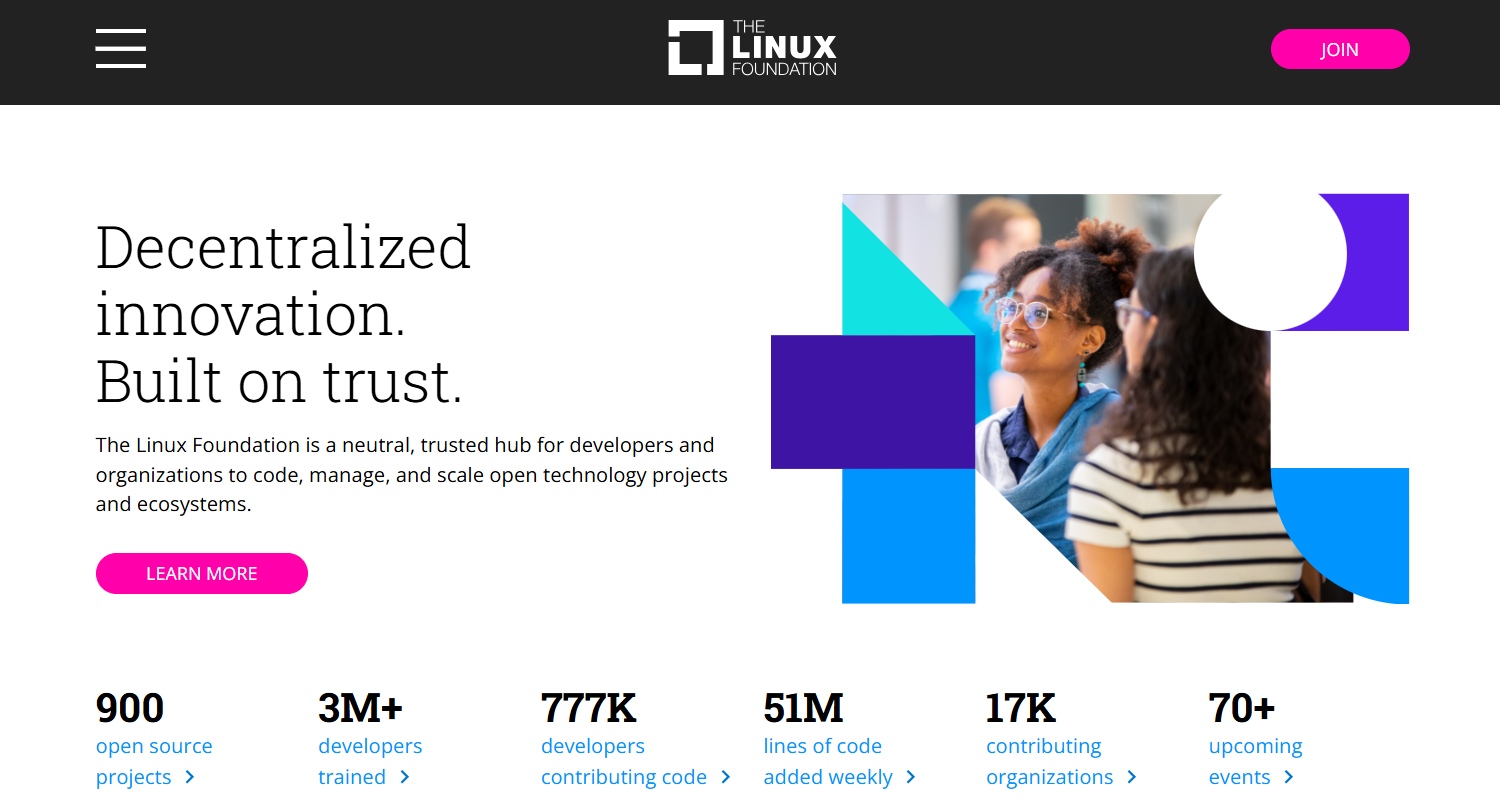
Why It Matters: Mission, Impact, and Scope
- Championing Open-Source Growth
Initially focused on advancing Linux, LF has evolved into a steward for diverse open-source ecosystems. It houses initiatives like the Cloud Native Computing Foundation (CNCF), which manages Kubernetes, and Hyperledger for blockchain. This broad scope positions LF as a cornerstone for technologies shaping cloud, IoT, and more. - Ensuring Compliance and Security
LF’s Open Compliance Program, launched in 2010, helps companies navigate open-source licensing. Post-Heartbleed, the Core Infrastructure Initiative was created to fund and secure critical open-source tools, backed by tech giants like Google and IBM. - Fostering Education and Collaboration
LF organizes events like Open Source Summit and Plumbers Conference, connecting developers and maintainers. Its educational offerings include free edX MOOCs, self-paced certifications (e.g., LFCS, CKA), and scholarships for underrepresented groups. LF has also expanded regionally with Linux Foundation Europe and Linux Foundation India.
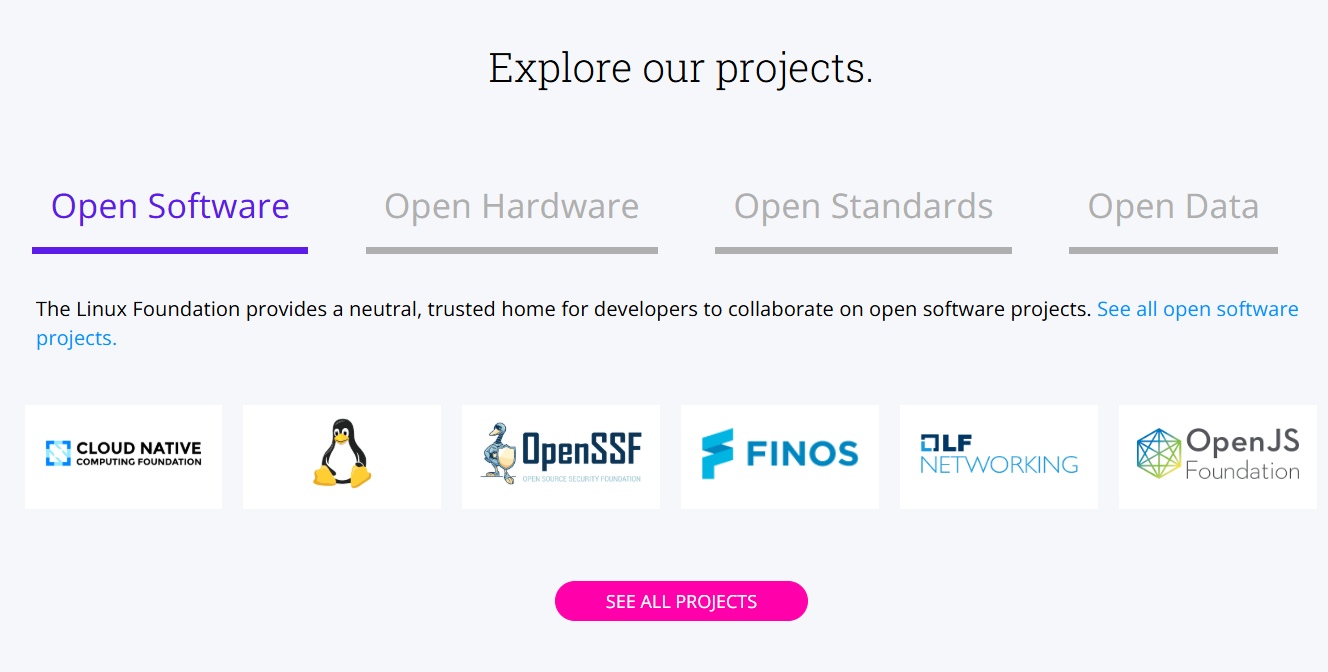
What People Say: User Feedback
- Positive Reviews
- G2.com (2025): LF training is praised for building Linux skills, easing transitions to DevOps and cloud roles.
- LinkedIn: Beginners find LF’s courses approachable and valuable for IT foundations.
- LF Forum: A learner lauded the LFCA course as well-structured and practical for personal and professional growth.
- Critical Feedback
- Reddit (r/linuxadmin): Users describe courses as “dry,” overly text-based, and lacking robust exam prep.
- Medium: A reviewer criticized a $1,200 CKAD bootcamp for weak structure and unavailable mentors.
- Trustpilot (2024–2025): LF scores 2.4/5, with complaints about theory-heavy content, limited labs, and problematic exam logistics (e.g., software glitches, rigid refund policies).
Training and Certifications: What to Expect
LF’s training portfolio includes certifications like Linux System Administrator (LFCS), Kubernetes Administrator (CKA), and Cloud Engineer (LFCE). Courses range from free MOOCs to costly bootcamps ($1,000–$1,500).
- Strengths
- Certifications are highly regarded in IT, DevOps, and cloud careers.
- Vendor-neutral content, rooted in expertise from Linux pioneers, is reliable for beginners.
- Weaknesses
- Courses often lack hands-on labs, feeling outdated or overly theoretical.
- Remote exam software is prone to technical issues, with inflexible refund policies.
- High-cost bootcamps deliver inconsistent results.
Stewarding Open-Source Projects
Beyond education, LF manages critical open-source initiatives:
- CNCF/Kubernetes: Oversees cloud-native tools.
- Hyperledger: Supports blockchain frameworks like Fabric.
- Yocto Project: Powers IoT and embedded systems.
- Others: Open Mainframe Project, OpenJS, and OpenAPI.
LF’s neutral governance fosters industry collaboration but faces criticism for slow decision-making and occasional transparency issues, such as the 2024 removal of Russian maintainers amid sanctions, sparking community backlash.
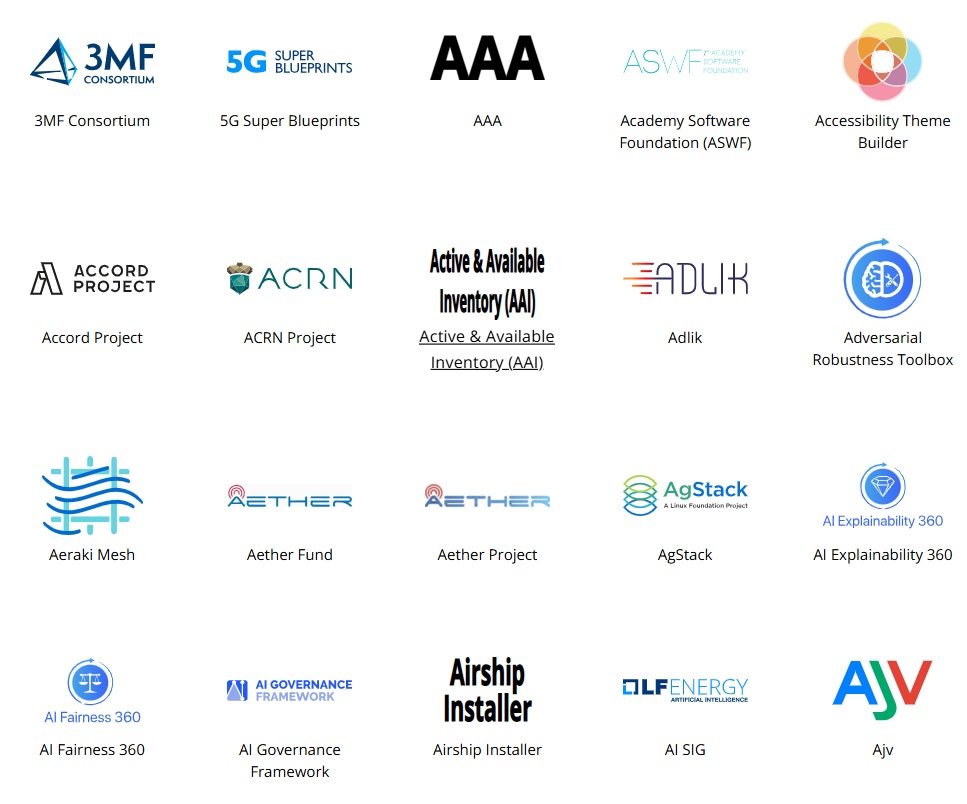
Conferences and Events
LF’s events, including Open Source Summit and Kernel Summit, are key for networking, learning, and announcing open-source milestones. Attendees value these gatherings for fostering collaboration and community engagement.
Pros and Cons: A Snapshot
| Strengths ✅ | Weaknesses ⚠️ |
|---|---|
| Trusted steward of open-source projects | Limited hands-on training labs |
| Respected certifications | Flawed exam infrastructure |
| Robust networking via conferences | Expensive bootcamps with mixed outcomes |
| Accessible entry-level courses | Bureaucratic project governance |
Is the Linux Foundation Worth It?
- For Learners and Professionals
- Beginners: Benefit from accessible, vendor-neutral training.
- Intermediate/Advanced Learners: May find courses too theoretical; supplement with lab-focused platforms like KodeKloud.
- Certification Seekers: LF credentials are valuable but be prepared for exam tech issues and consider external prep courses.
- For Community Contributors
LF provides credibility, infrastructure, and legal support for projects seeking neutrality. However, large organizations may face slower governance. - For Enterprises
LF’s compliance and security programs are ideal for businesses adopting open source. Staff training is worthwhile, but pair it with hands-on resources.

Final Takeaway
The Linux Foundation is a powerhouse in open-source, offering unparalleled stewardship, certifications, and community engagement. However, its training can feel theoretical, exams have technical hiccups, and governance can be slow. To maximize value, combine LF’s offerings with practical training, stay mindful of project dynamics, and leverage its strengths—education, credibility, and networking—while addressing its limitations. For anyone invested in open-source, LF is a vital resource, but success requires strategic planning.
this site is not affiliated with any of brand mentioned. We may earn a commission.

